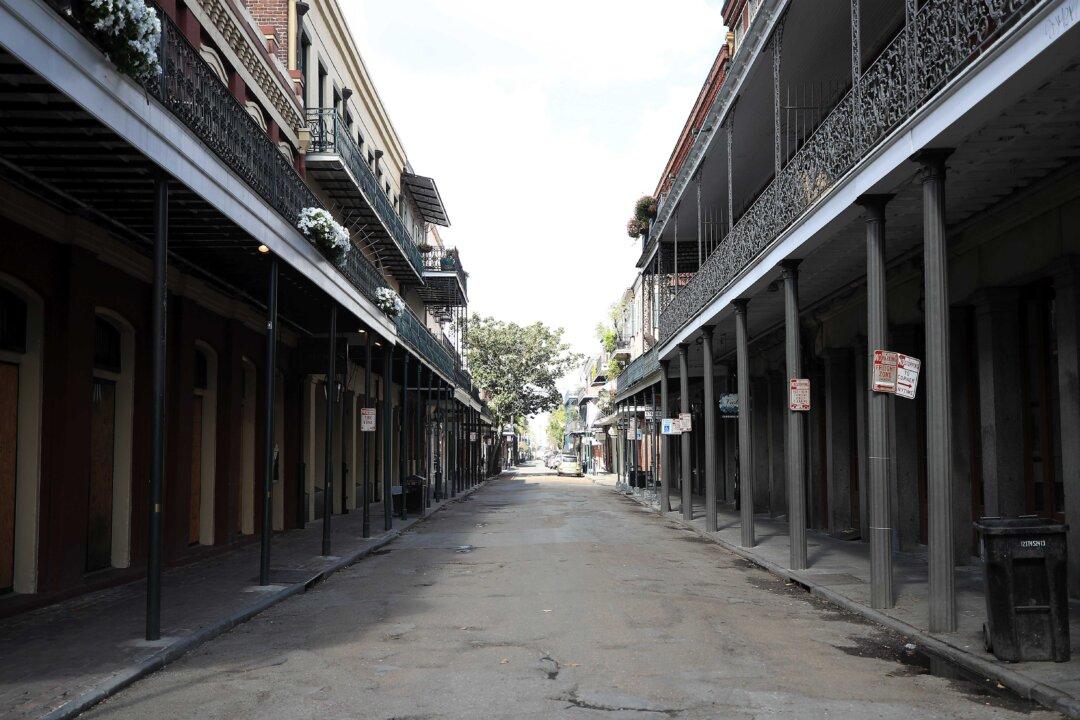Commentary
America’s respective political, health, educational, media, sports, and corporate establishments tell us black lives matter. Puzzlingly, for the past year they prescribed, enacted, enforced, and cheered on economic and educational lockdowns that devastated black America. Worse still, the lockdowns will wreak havoc upon black lives, especially, for decades to come.





